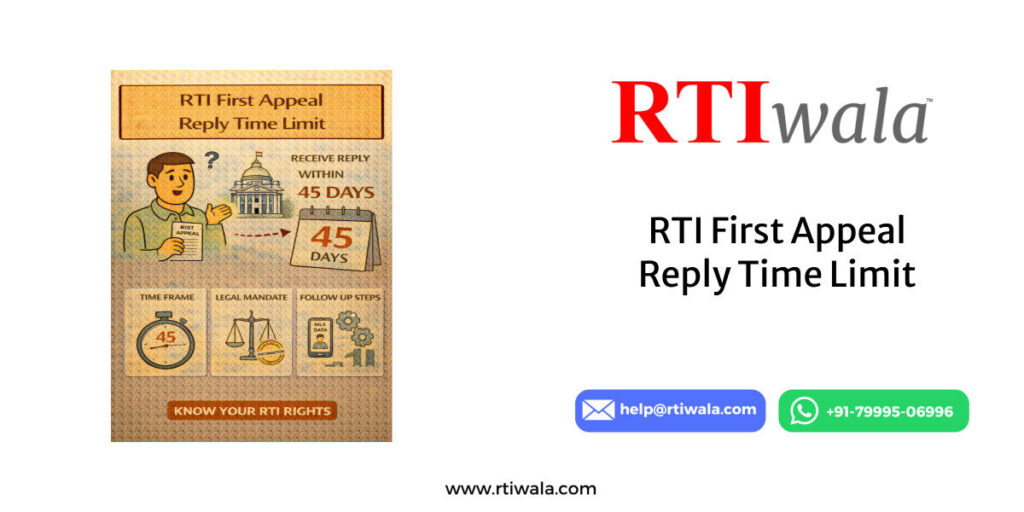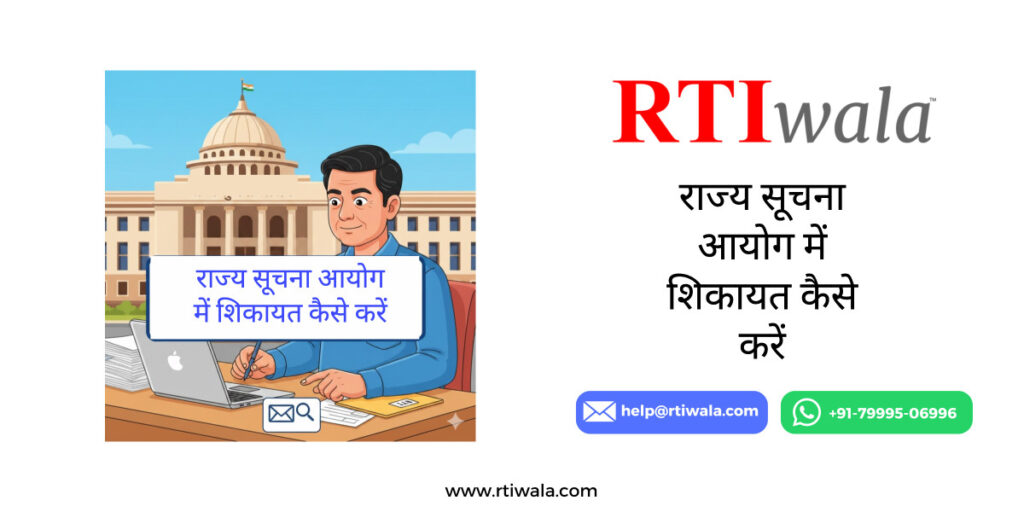Introduction
The Bar Council of India (BCI) is the apex statutory body that regulates the legal profession and legal education in India. Established under the Advocates Act, 1961, the BCI plays a pivotal role in maintaining professional standards, conducting examinations, approving law colleges, and ensuring ethical conduct among advocates. For anyone pursuing a career in law, understanding the structure and functions of the Bar Council is crucial.
This guide provides a comprehensive overview of the Bar Council of India, including its powers, responsibilities, and significance in the Indian legal system.
Historical Background
- Established under Section 4 of the Advocates Act, 1961.
- Modeled on the recommendations of the All India Bar Committee (1953).
- Came into existence to create a uniform legal profession across the country.
Structure of the Bar Council of India
- Chairman and Vice-Chairman: Elected from among the council members for a term of two years.
- Members: Elected by various State Bar Councils.
- Secretary and Staff: Responsible for day-to-day administration.
The BCI consists of:
- One member elected from each State Bar Council.
- The Attorney General of India and Solicitor General of India as ex-officio members.
Key Functions of the Bar Council of India
1. Regulating Legal Education
- Approves law colleges and universities.
- Sets standards for legal education.
- Conducts inspection of law institutions.
2. Enrollment of Advocates
- Prescribes rules for the enrollment of law graduates.
- Coordinates with State Bar Councils for issuing enrollment certificates.
3. All India Bar Examination (AIBE)
- Conducts AIBE for law graduates.
- Passing the AIBE is mandatory to practice in Indian courts.
4. Disciplinary Oversight
- Maintains professional conduct and discipline.
- Hears appeals against disciplinary decisions of State Bar Councils.
5. Promoting Legal Reforms
- Recommends amendments in law and legal practices.
- Coordinates with the Law Commission of India and government bodies.
6. Protecting Advocates’ Rights and Welfare
- Frames schemes for welfare of advocates (insurance, pensions, etc.).
- Ensures protection against professional harassment and injustice.
Role of State Bar Councils
- Handle enrollment and regulation at the state level.
- Conduct disciplinary proceedings.
- Organize seminars and training programs.
Each state has its own Bar Council that works under the supervision of the BCI.
Challenges Faced by the Bar Council of India
- Overcrowding in the legal profession.
- Uneven quality of legal education across institutions.
- Delay in disciplinary proceedings.
- Need for digitization and transparency in enrollment and examination.
How RTI Can Help in Legal Profession Queries
If you’re a law graduate or advocate facing issues related to:
- Enrollment delays
- Bar exam results or procedures
- Recognition of your law college
- Misconduct or grievances
You can file an RTI application with the Bar Council of India or State Bar Council to seek clarity.
How RTIwala Can Assist You
- Expert Consultation: Book here
- Online RTI Filing: File Now
- Anonymous RTI: Stay Protected
- Custom Drafting: Get Help
RTIwala helps law students and advocates draft, file, and track RTI related to Bar Council issues like AIBE results, enrollment delays, and college approvals.
Conclusion
The Bar Council of India is a cornerstone of India’s legal system. By overseeing legal education and regulating the conduct of advocates, it ensures the integrity and efficiency of the justice system. Whether you’re a law aspirant, practicing advocate, or institution, knowing how the BCI works is essential. If you’re facing bureaucratic hurdles, RTIwala can help you obtain clarity and protect your rights through effective RTI filing.






















































